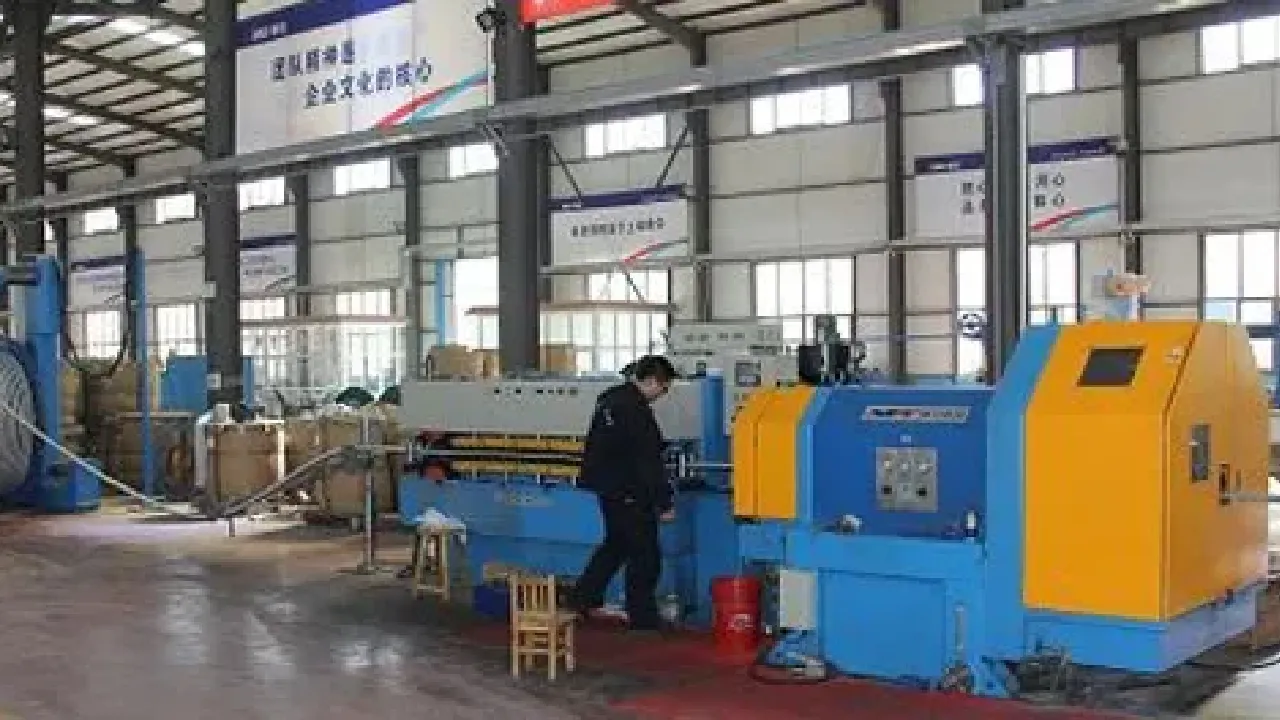Dec . 13, 2024 11:52 Back to list
ductile iron gate valve
The Advantages of Ductile Iron Gate Valves in Modern Applications
Ductile iron gate valves have gained significant popularity in various industries owing to their remarkable strength, durability, and resistance to corrosion and wear. These valves are essential components in piping systems, offering reliable performance for regulating and controlling fluid flow. In this article, we will explore the features, benefits, and applications of ductile iron gate valves, highlighting their importance in modern engineering.
Composition and Manufacturing Process
Ductile iron, also known as spheroidal graphite iron, is distinguished by its unique microstructure, which enhances its tensile strength and ductility compared to traditional cast iron. The presence of spherical graphite in its composition allows ductile iron to withstand higher impact forces and deformation, making it an ideal material for gate valves. The manufacturing process often involves melting scrap iron and adding alloying elements such as silicon, magnesium, and copper. The resulting molten metal is then poured into molds to form the valve body, which is further machined to precise specifications.
Key Features
1. High Strength and Durability Ductile iron gate valves are designed to endure high-pressure conditions and are less likely to break or deform under stress, ensuring long-lasting performance. This strength makes them suitable for heavy-duty applications.
2. Corrosion Resistance The surface coatings applied to ductile iron valves, such as epoxy or paint, impart excellent resistance to various corrosive environments. This characteristic is vital in preventing rust and extending the valve’s service life, especially in water and wastewater applications.
3. Low Friction and Smooth Operation Ductile iron gate valves feature a wedge-shaped gate that provides a tight seal when fully closed, effectively minimizing turbulence and pressure drop in the system. Their design facilitates smooth operation, making them easier to open and close compared to other valve types.
4. Versatility These valves can operate efficiently in a range of temperatures and pressures, making them suitable for various applications, from municipal water supply to industrial processes.
ductile iron gate valve

5. Cost-Effectiveness While the initial investment in ductile iron gate valves may be higher than that of other materials, the long-term savings due to their durability, low maintenance, and longevity make them a cost-effective choice over time.
Applications
Ductile iron gate valves are widely used in several sectors, including
- Water Distribution Municipal water systems use ductile iron gate valves for reliable isolation and control of water flow, ensuring efficient distribution to residential and commercial areas.
- Wastewater Management In wastewater treatment plants, these valves are essential for regulating flow and maintaining system integrity, handling various fluids while resisting corrosion.
- Industrial Processes Industries such as oil and gas, chemical processing, and power generation utilize ductile iron gate valves for their robustness in managing aggressive fluids and high-pressure environments.
- Fire Protection Systems Ductile iron gate valves are crucial in fire hydrant systems, providing quick access to water supplies in emergency situations.
Conclusion
Ductile iron gate valves represent a significant advancement in valve technology, offering enhanced strength, durability, and performance in a variety of applications. Their ability to withstand harsh conditions and resist corrosion makes them an invaluable choice for engineers and project managers. As industries continue to evolve and demand more reliable and efficient solutions, ductile iron gate valves will remain a staple in fluid control systems, ensuring the safe and effective management of resources across the globe. The combination of their physical properties, economic benefits, and extensive applicability solidifies the role of ductile iron gate valves in modern infrastructures.
Share
-
Reliable Wafer Type Butterfly Valves for Every IndustryNewsJul.25,2025
-
Reliable Flow Control Begins with the Right Ball Check ValveNewsJul.25,2025
-
Precision Flow Control Starts with Quality ValvesNewsJul.25,2025
-
Industrial Flow Control ReliabilityNewsJul.25,2025
-
Engineered for Efficiency Gate Valves That Power Industrial PerformanceNewsJul.25,2025
-
Empowering Infrastructure Through Quality ManufacturingNewsJul.25,2025